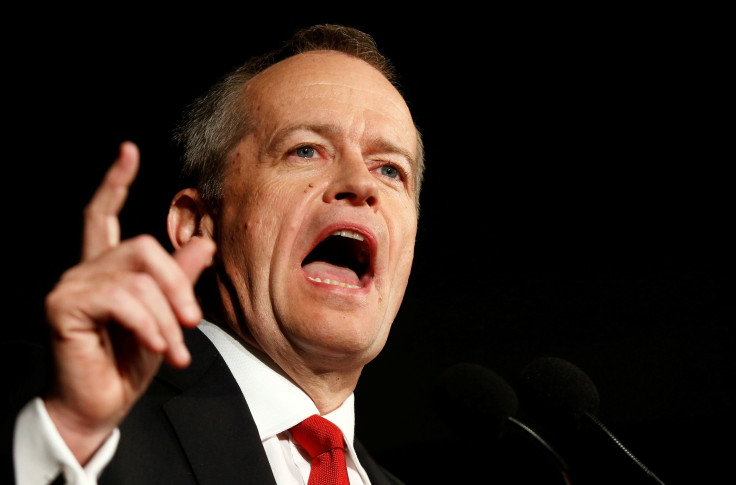Labor's trust tax crackdown: What it means for wealthy individuals, small businesses

Opposition Leader Bill Shorten has conceded that about 200,000 trusts that would be hit with a minimum 30 percent tax were related to small businesses. But he stated that Labor's proposed taxation crackdown does not target families running small businesses.
For the Labor leader, it was "a very small number" of the country’s three million small businesses. It accounts for nearly two thirds of the trusts estimated to be hit by the policy.
"They'll be a portion of it, we suspect around 200,000 of about three million small businesses. I do think that qualifies as a small number," Shorten told ABC News 24. He said it’s about high net worth individuals, not about small businesses.
Rather, they'll be barristers and investment bankers who are “income splitting" to other members of their families. Shorten said they are “cleaning up an anomaly.”
Shorten added that the policy, which was announced on Sunday, would combat income splitting. The Council of Small Business Australia agreed such was a problem as some business owners seek to "deliberately rort the system.”
High-income earners commit income spitting to shuffle money to family members on lower incomes and tax rates. Doing this will minimise their tax contributions.
Based on Labor’s estimate, the crackdown would net $17.2 billion for the budget bottom line over 10 years. It would entail a minimum 30 percent tax rate, which is lower than the top marginal tax rate of 47 percent.
Treasurer Scott Morrison had been quick to criticise the policy, calling it a "direct assault" on small businesses. "If your family runs a small business and you have a family trust, Bill Shorten thinks you're the problem, that you're dodgy," The Courier quotes him as saying. For Assistant Treasurer Michael Sukkar, the idea is "unfair" and a "tax grab.”
On Monday, Australian Prime Minister Malcolm Turnbull said the proposal lacked detail. He also argued that it would not generate jobs in Australia.
Council of Small Business Australia head Peter Strong recognised it right for the tax office to "go get" wealthy individuals, but argued it was wrong to hit everyone. He said the exemption of farmers was good but the policy was still inconsistent.
The small business lobby also criticised the proposal. Australian Small Business and Family Enterprise Ombudsman Kate Carnell pointed out that several families used trusts as "a reasonable and a sensible way to manage their businesses,” Sky News reports.
Read More:
NSW urged to ensure Sydney captures new financial services jobs in fintech
Australia jobs: These occupations grab the biggest work-related tax deductions
TheRealNews/YouTube





















